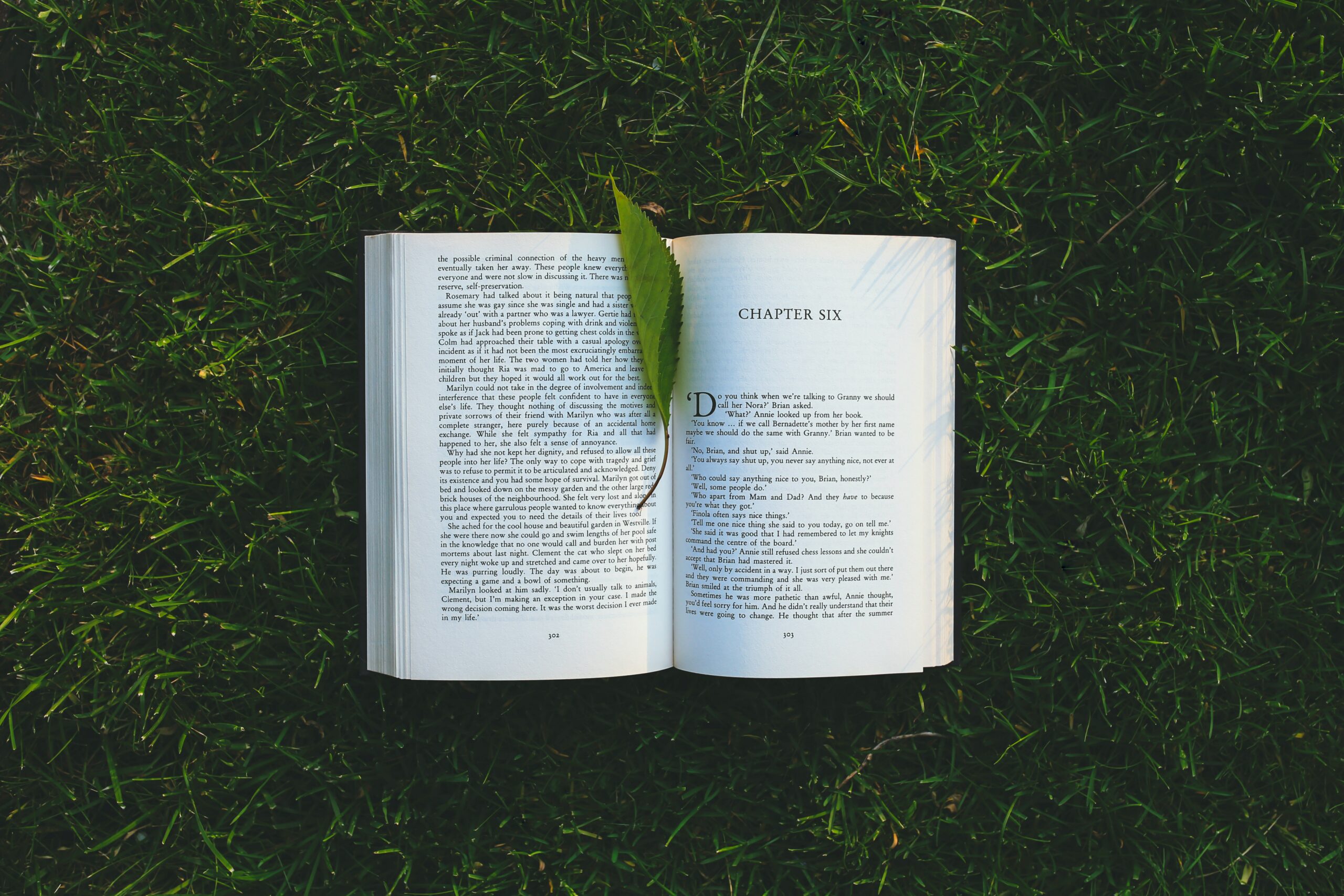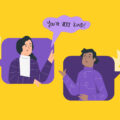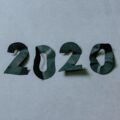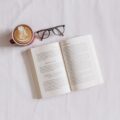Have you ever seen a comment thread that outshines the post itself? Well, it’s common to come across funny or witty comment sections on social media. But a thread where random people around the world recommend books? How beautiful is that!
The other day I was roaming casually on social media and suddenly a post appeared on my timeline, saying ‘Name a book you will recommend to everyone’. A shipshape post. No extravagance, none is being mean to anyone, pure knowledge sharing instead. There were hundreds of book recommendations as if it were a treasure-house for bookworms like me. Right then I saved that thread and decided to filter the comments to shortlist some of the must-reads. These are not claimed as expert-backed, neither comes under any top chart. Just some book lovers sharing their favorites. I didn’t do any ranking either, rather tried to run you through some lite reviews.
Before I share those handpicked books among the suggestions, a shout out to everyone who is trying to make the web a resourceful platform selflessly.
1. Principles by Ray Dalio
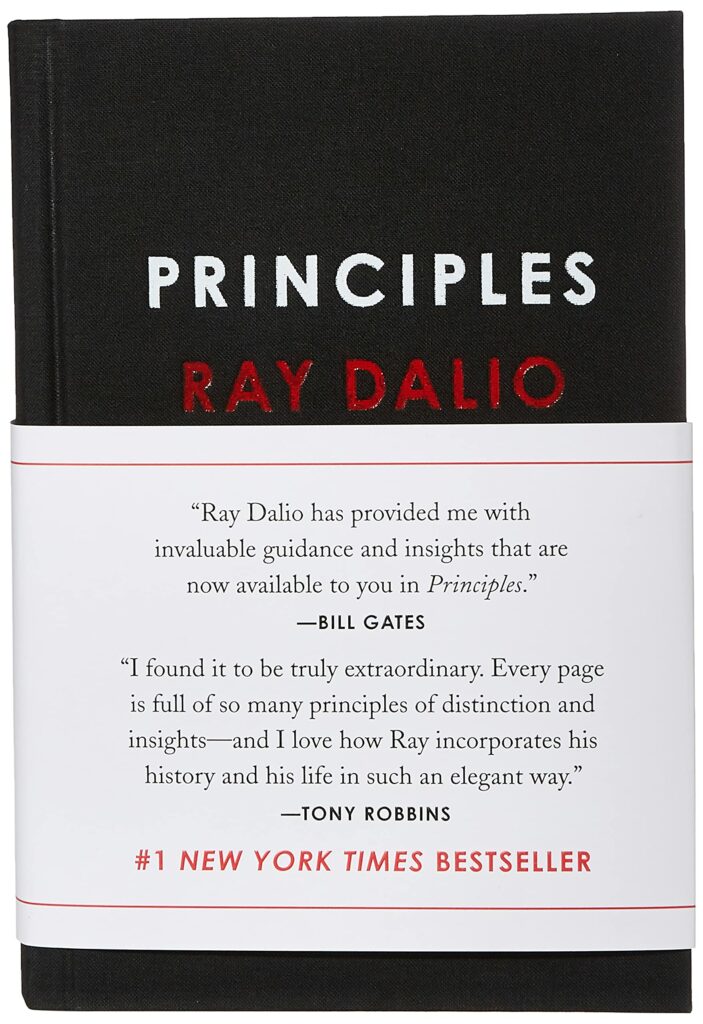
Ray’s definition of “principles” is not what you have been taught in books throughout your student life. Here he has penned down his self-learned principles, which have enabled him as the founder of the world’s most prominent hedge fund firm, Bridgewater Associates. Neat writing with laid-out business principles. No meaningless baggage just for the sake of filling pages with hollow advice. Principles is a quintessential book for those who seek to make meaningful changes in their work and life regardless of whatever background, country, and language they belong to.
2. Animal Farm by George Orwell
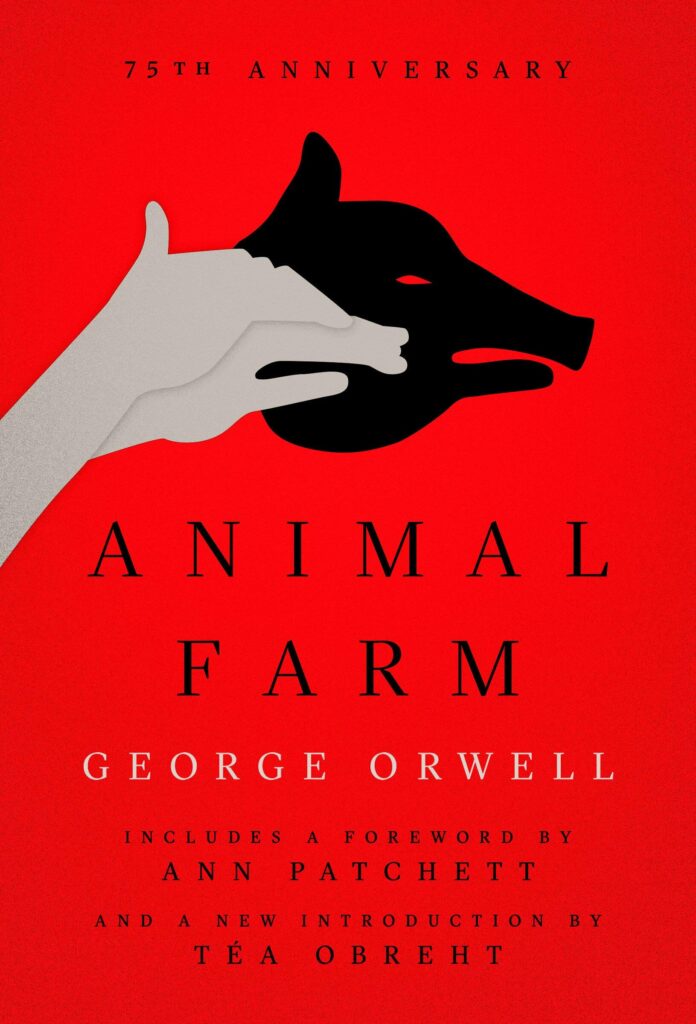
As ferociously relevant as it was about a century ago, George Orwell’s Animal Farm is a classic allegory that reflects today’s downtrodden society. You will witness an actual group of revolutionary animals developing an idealistic organization against the oppressors. As this is a novella of political satire, the story takes a dark turn and shows the harsh reality behind communism. The incorporation of capitalism, imperialism, and totalitarianism makes this book a critically acclaimed source of knowing politics and history.
3. My Uncle Napoleon by Iraj Pezeshkzad

This humorous classic fiction has a typical Persian setting. It’s a satirical story of Uncle Napoleon, the one paranoid patriarch character who is the head of an Iranian family. Fixated with the British, this uncle character is a great admirer of Emperor Napoleon.
Iraj has tried to pull out an unusual picture of Iran that is not something the outsiders think of. He made great fun of certain Iranian attitudes and traits such as anything goes wrong in their life, blame the foreigners and shake off the grief. Pretty relatable, no?
4. The Art of War by Sun Tzu
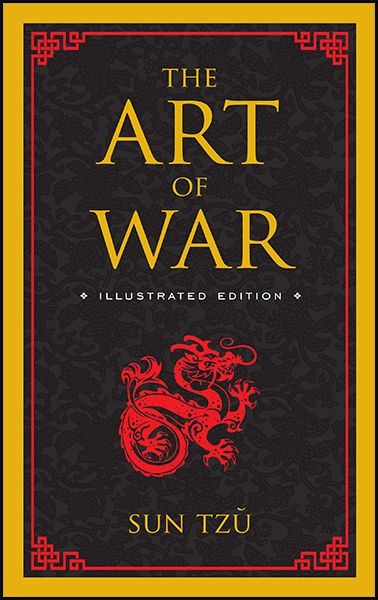
A classic book, written well over two thousand years ago in China, gradually became the world’s most influential book on military strategy. These tactics could be deployed in our daily life, work assignments, or in a literal war. As Sun Tzu noted, “you do not win in battle the same way twice.” His work is, in a nutshell, a captivating mixture of the poetic and the pragmatic, and every bit as relevant now as when it was written.
5. Rich Dad Poor Dad by Robert Kiyosaki and Sharon Lechter
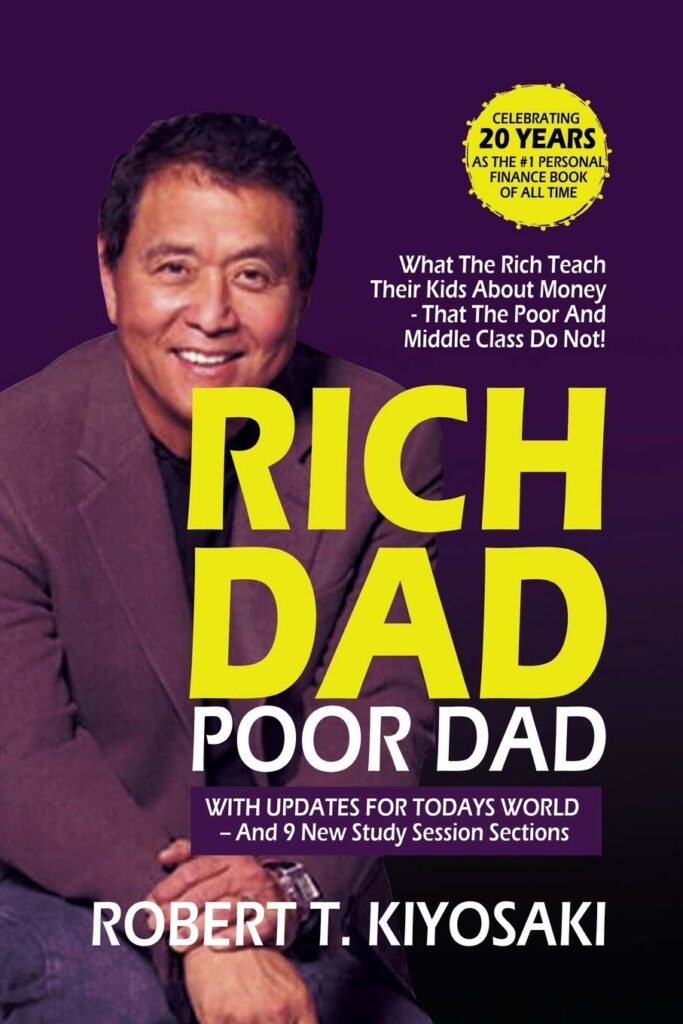
This book made me look at personal finance from a whole new perspective I never knew existed. Let me just put the strongest line from the book that will make you think twice.
“The main reason why people struggle with financial problems is that they spend several years in school but learn nothing about money and investments. The result is that people learn to work at the service of money… but never learn to put money to work for them. “
-By Robert Kiyosaki and Sharon Lechter, 2001, 240 pages
6. One Hundred Years of Solitude by Gabriel García Márquez
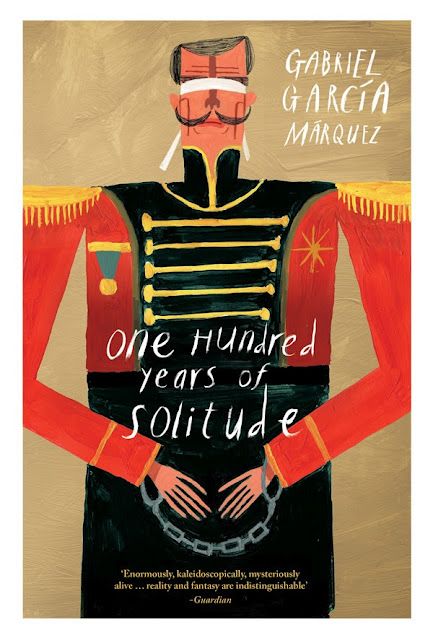
Neither the writer nor the publisher expected this book to still thrive even after 50 years where many contemporary novels are long gone. In the New York Times review, “Memory and Prophecy, Illusion and Reality” Reboot Kiely says, “Are Mixed and Made to Look the Same in this book.”
Give it a try to understand why it has had such flabbergasting success to the date. For me, this book helped me recognize how eccentric events can take place in mundane settings. All we need is the eye that knows what to find where.
7. Why Nations Fail by Daron Acemoglu and James A. Robinson
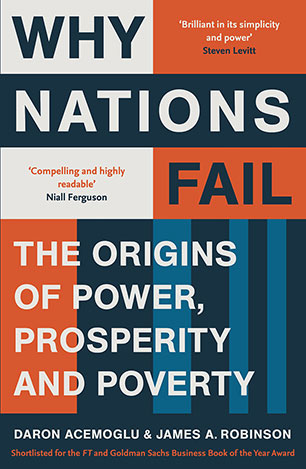
Two widely respected development scholars took the sweeping attempt to show the world citizens what gut-wrenching poverty is still lurking around us. Beyond what we see on international media or even our own assumptions. No, it’s not a numbing read to overcast your thoughts with emotions. Rather an intensely engaging investigation on economic prosperity contrasting countries. At length and in-depth, Why Nations Fail is a book worth reading if you are into wide discussions on different nations.
8. Silent Spring by Rachel Carson
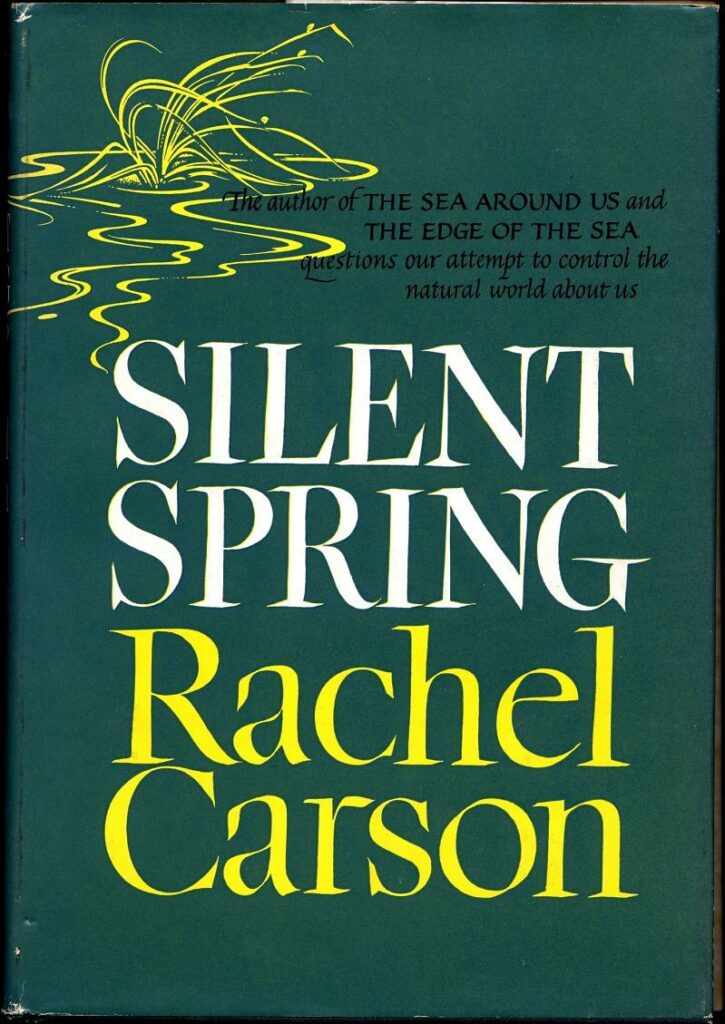
“In nature nothing exists alone. – Rachel Carson ”
This quote from Silent Spring, perfectly sums up why this book is still being used for scientific research purposes.
If you are a person who takes interest in savvy environmental activism and ecological systems, this book has no alternative. The rigorous yet logical debate within the scientific community and mass people about the effect of pesticides on the natural world will steer your curiosity. You will be amazed how she discussed what policy reformation we need to save the environment. Her uncanny ability to explain science in easy words will never bore you, that I can tell you!
9. The Pearl by John Steinbeck
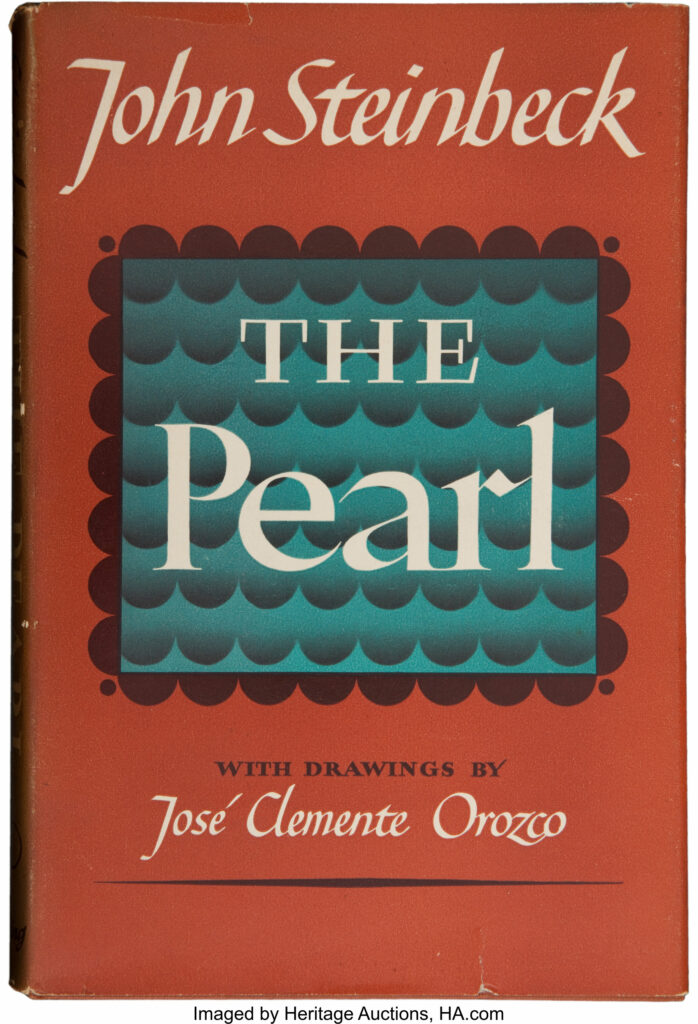
Steinbeck’s The Pearl is an advocate of social reform with a great moral meaning. This American novella is the tale of a poor stricken fisherman family and awestruck turn of events in their life. One day they found an egg-sized pearl, which town folks call the Pearl of the World. A pearl they thought would overturn their luck had its back against them instead. The author weaved the story with such vivid descriptions and realistic imagination that you will fall in love with the style of writing.
10. To Kill a Mockingbird by Harper Lee
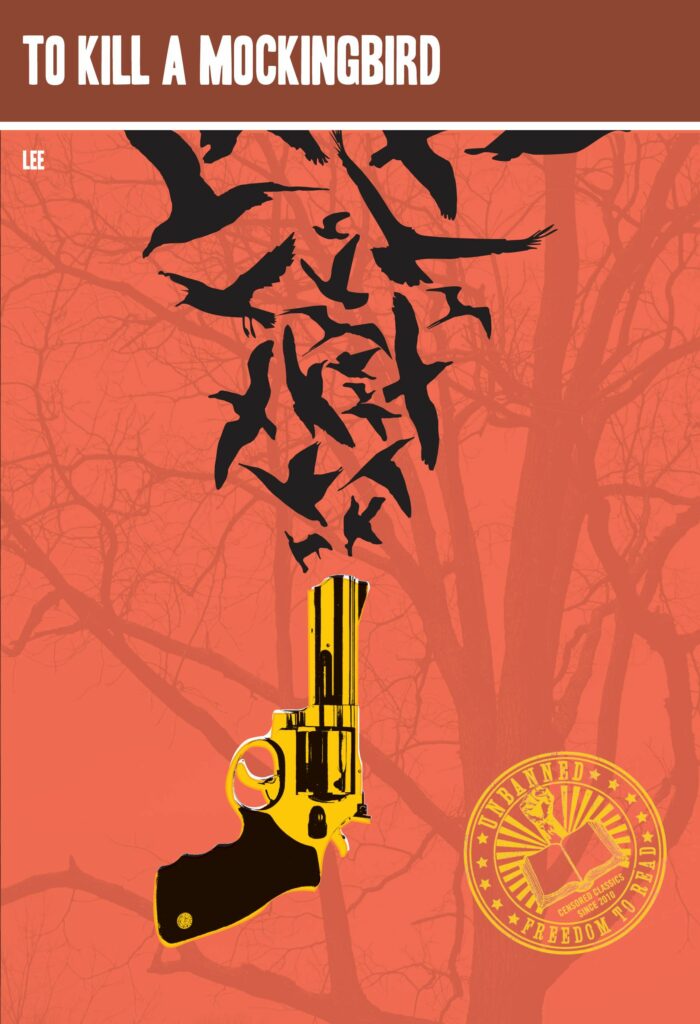
Harper Lee’s only published novel examines racism and class struggle in Southern America through the innocent lens of a little girl Jean Louise (“Scout”) Finch.
“As you grow older, you’ll see white men cheat black men every day of your life, but let me tell you something and don’t you forget it—whenever a white man does that to a black man, no matter who he is, how rich he is, or how fine a family he comes from, that white man is trash”
-Harper Lee, To Kill a Mockingbird
11. The Essential Rumi by Rumi (translated by Caveat Emptor)
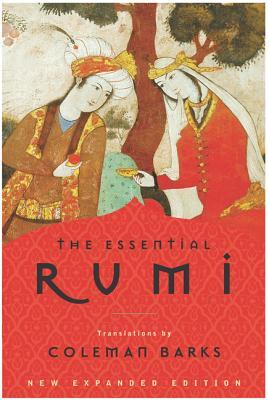
Maulana Jalaluddin Rumi was an Islamic dervish and a Sufi mystic. He was regarded as the greatest spiritual poetical intellect in the 13th century. Rumi possessed some kind of divine motive to blend everyday life circumstances with the spiritual world. Leaving a glimpse of his beautiful understanding of life he spoke through poetic verses.
“Raise your words, not voice. It is rain that grows flowers, not thunder.”
-Rumi
You can read the translated version here.
12. The Silk Roads: A New History of the World by Peter Frankopan
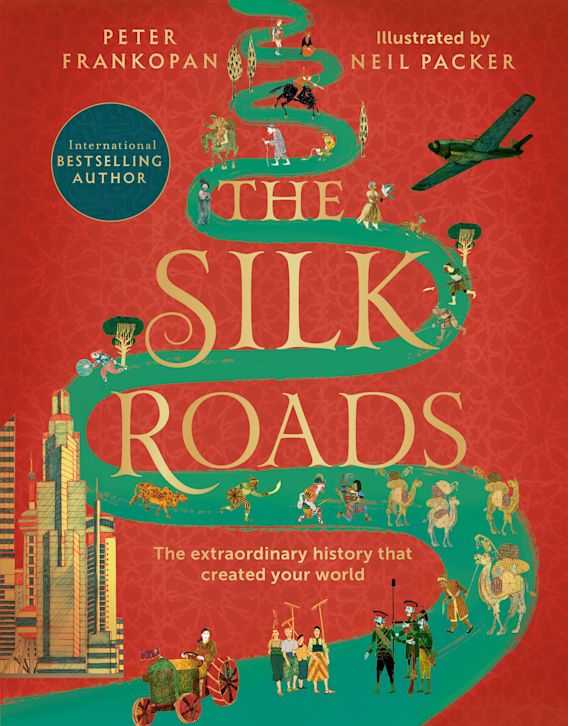
When Marvel movies say, enemies are coming to hunt the planet earth down, why is it shown as the earth only consists of a few countries? I am guessing the same thought crossed Peter Frankopan’s mind. He tried to counter the Eurocentric tendency to perceive globalization as a western expansion only. Rather, uplifted a comprehensive history the Persian Silk Roads hold – the intellectual and commercial exchange between the Eastern Mediterranean and the Pacific. Challenging Eurocentrism is a big debate in political economy and was the author successful in doing so? That is something we, the readers, get to decide
13. Humankind: A Hopeful History by Rutger Bregman
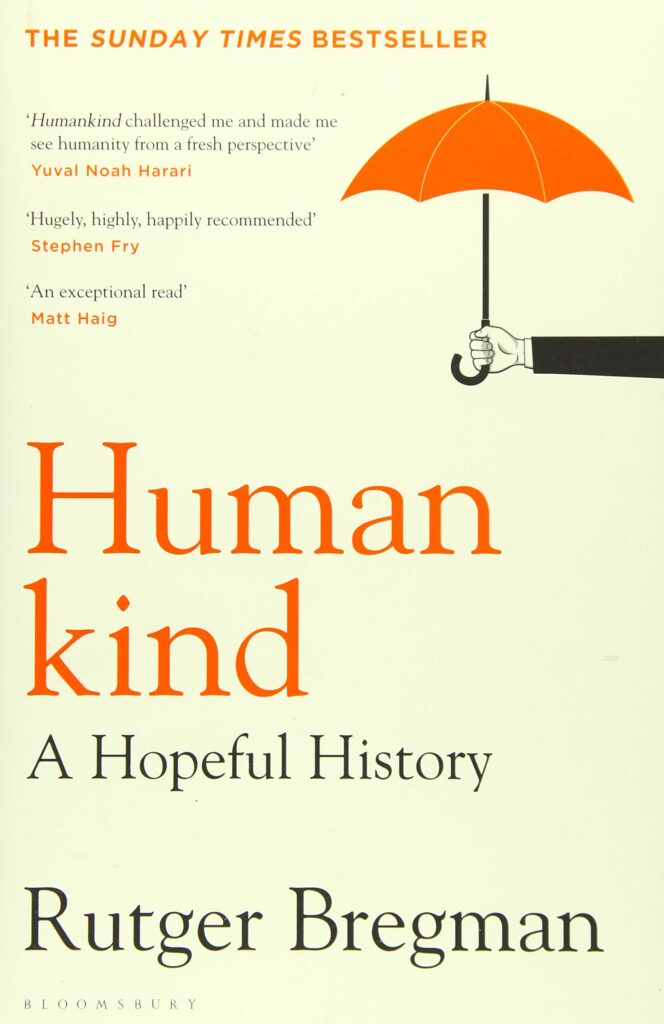
It is a 2019 nonfiction by Rutger Bregman on grounding arguments regarding the innate goodness and the connection of human beings with that. He debunked long-held myths and beliefs on humankind. And, it may take you by surprise that the author has strong evidence and bold logic when he says, humankind is made up for those humans who are kind, inherently. Naming the book ‘A hopeful history’ lives up to the title as it’s a pack of happy things and makes you feel glad to be a part of the human race.
14. A Tale of Two Cities by Charles Dickens
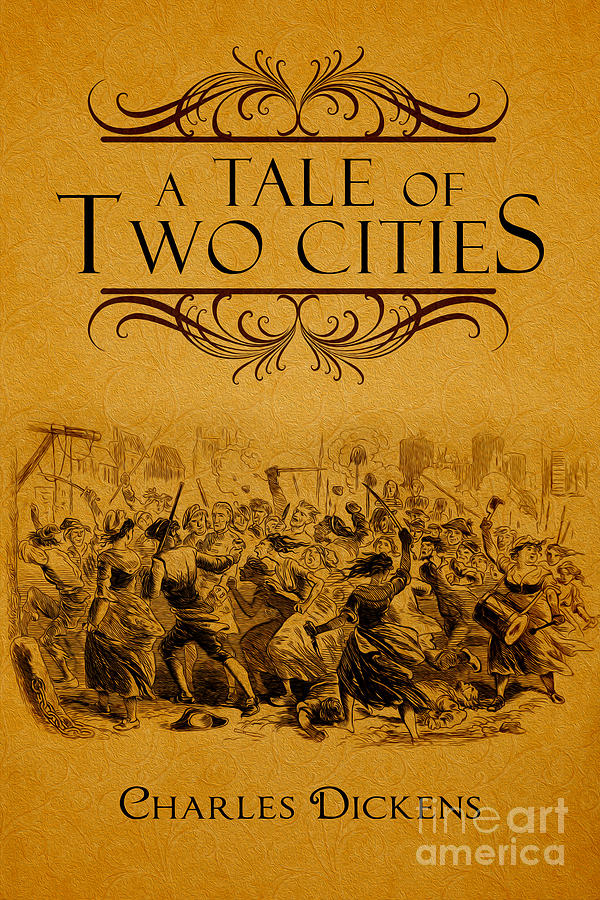
Written in a pre-Flannery O’Connor style, this historical fiction has a setting of London and Paris before and during the French Revolution. Your heart will tear apart in pieces to learn about the turmoil and darkness plaguing France in the era of the French revolution. The evil cruelty of the French aristocracy will leave you with the exact opposite feeling you had after reading Humankind: A Hopeful History.
Some other books I would recommend from the thread are, The Man Who Mistook His Wife for a Hat and Other Clinical Tales by Oliver Sacks, Things Fall Apart by Chinua Achebe, Midnight’s Children by Salman Rushdie, Buffalo Soldiers by Robert O’Connor, American Purgatorio by John Haskell. There are loads I may have missed, yet I can guarantee you will find some gems that are a must to read in a lifetime.
Lastly, If I were to suggest a book, that will be my current favorite The Blood Telegram: Nixon, Kissinger, and a Forgotten Genocide by Gary J. Bass. I am already having goosebumps, how rich in information and details this book is based on the 1971 liberation war of Bangladesh.
What’s your recommendation?
